
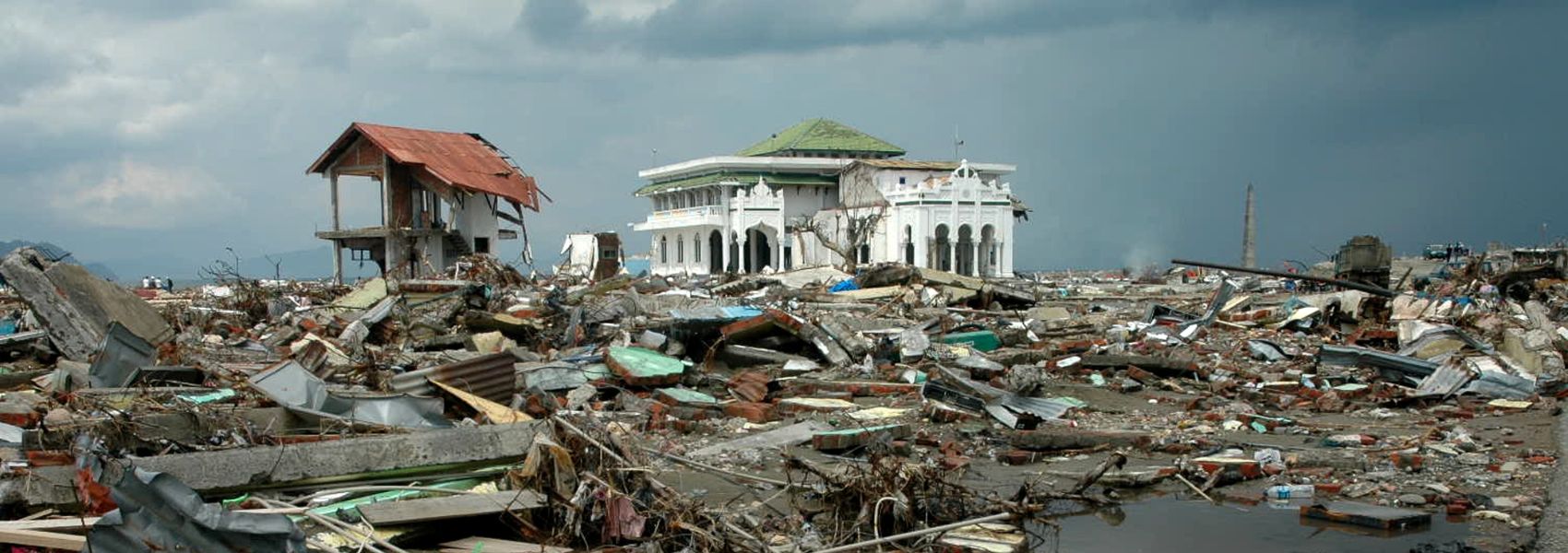
This geological upheaval triggered a catastrophic tsunami with waves up to 30 m (100 ft) high, displacing 30 cubic kilometers of seawater, the equivalent of 12 billion Olympic-sized swimming pools.
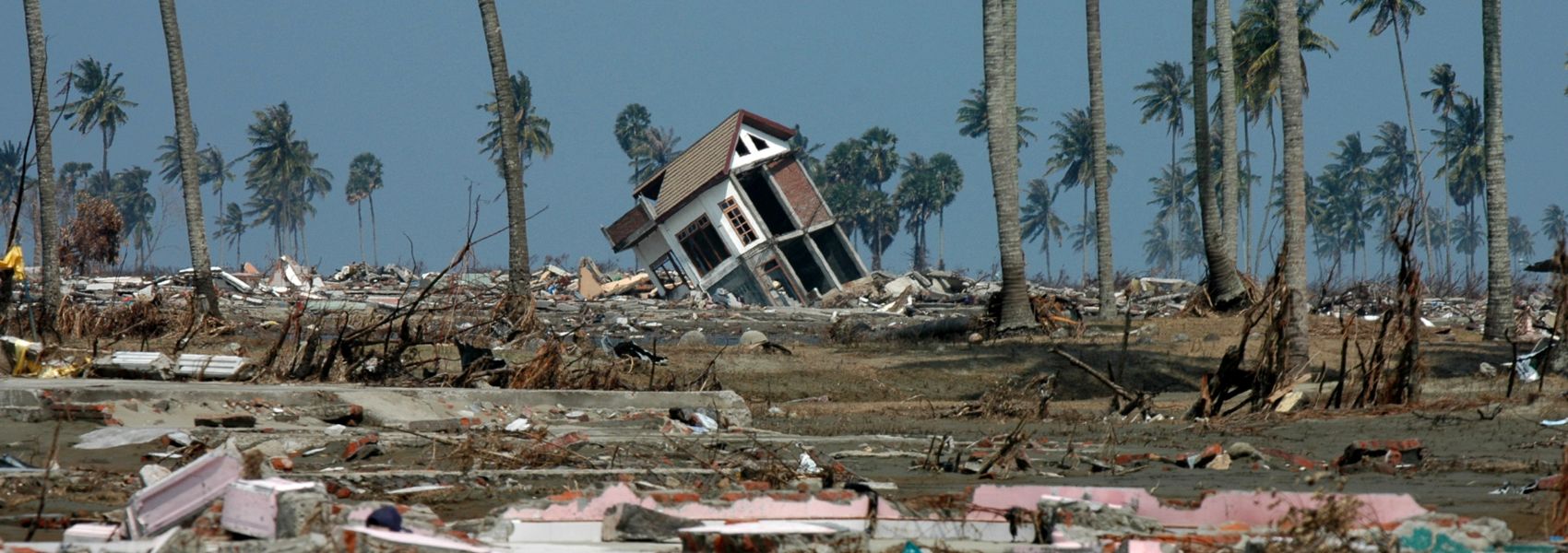
Known as the Asian Tsunami, it devastated communities violently in Aceh (Indonesia), and severely in Sri Lanka, Tamil Nadu (India), and Khao Lak (Thailand), claiming over 230,000 lives across 14 countries located along the surrounding coasts of the Indian Ocean.
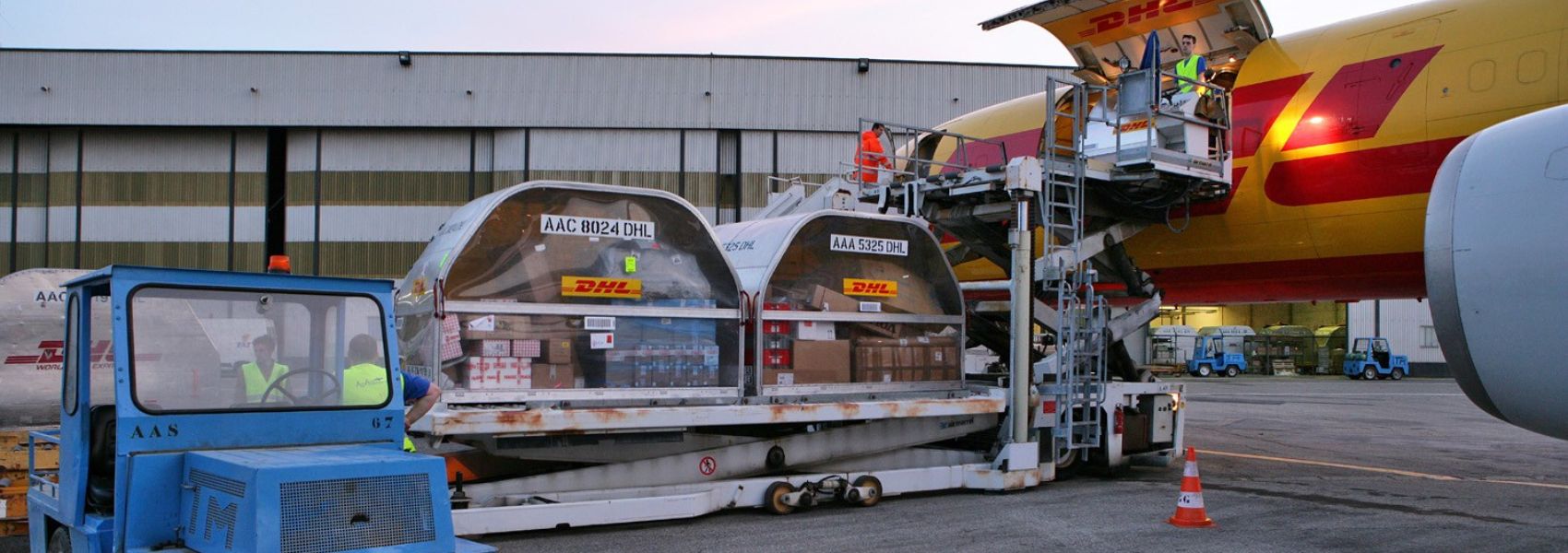
As part of a pilot program in 2004, DHL’s GoHelp Disaster Response Team facilitated the logistics of humanitarian aid at Colombo airport in Sri Lanka.
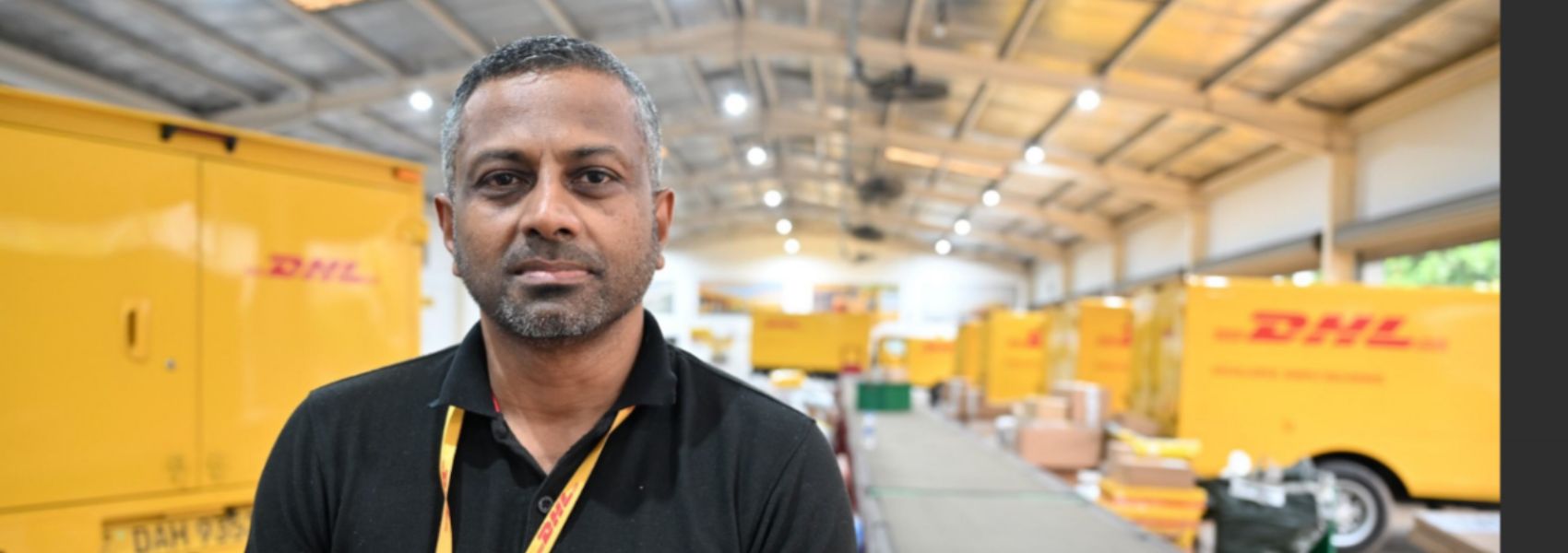
Sugath Jayawickrama, Operations Director, DHL Express Sri Lanka Ops Country Management, participated in the 2004 DRT deployment for the Tsunami.
“Thinking back on the 2004 tsunami, it happened very suddenly. Given the signs of climate change and the natural disasters that we are seeing around the world today, preparedness is always going to be helpful. DHL Express naturally has volunteers in our employment, and a lot of our colleagues who are giving back to the community in different ways. DRT training is a great opportunity for us to be part of a bigger cause, learn the knowledge, and make ourselves helpful in times of crisis,” said Jayawickrama.
"Today, as the focus is shifting from reactive disaster response to proactive preparedness, we have adapted our Disaster Response Team (DRT) training beyond airport logistics to include warehouse management during crises. This ensures our employees are equipped to manage relief cargo effectively and provide critical aid across multiple touchpoints during emergencies."
Carl Schelfhaut, Head of the GoHelp program, Asia Pacific, DHL Group.
DHL trains employees for disaster management in Sri Lanka
In November 2024, DHL Group expanded its GoHelp Disaster Response Team (DRT) training to Sri Lanka, strengthening resilience and preparedness against disasters in the Asia Pacific region.
The first DRT training in Sri Lanka was held from 23 to 24 November at the DHL Express Service Center in Colombo.
20 employees attended a workshop on safety and stakeholder management.
They learned how to work with NGOs, military, government organizations, and the media.
They received practical skills training, including a disaster simulation where they were coached on crisis relief cargo management and how to use a pallet jack.
And they also learned how to drive a forklift.

“As the impacts of climate change intensify, the need for swift, efficient, and effective disaster response has never been greater, and well-trained individuals are the backbone of any successful humanitarian effort. The recent DRT training in Colombo is a testament to our commitment to continue equipping our employees with the knowledge, tools, and confidence needed to make a tangible difference when disasters strike. By continuously evolving our training programs to include broader aspects of crisis management, such as warehouse operations and media coordination, we hope to build more resilient communities and contribute to a stronger, faster global humanitarian response,” said Schelfhaut.


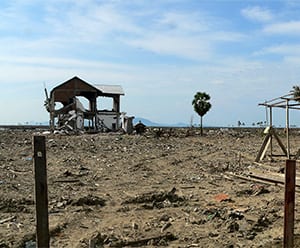


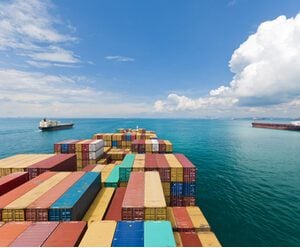





 English
English